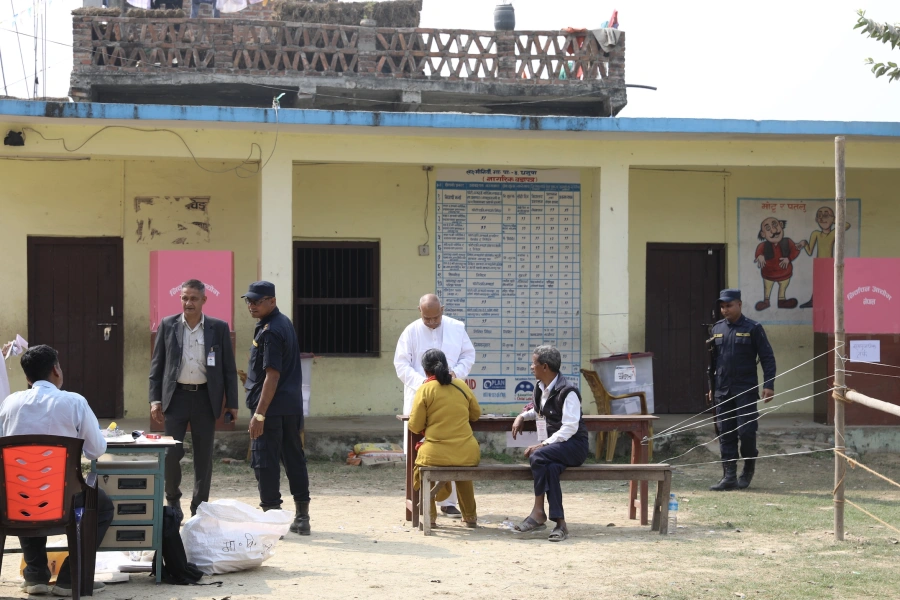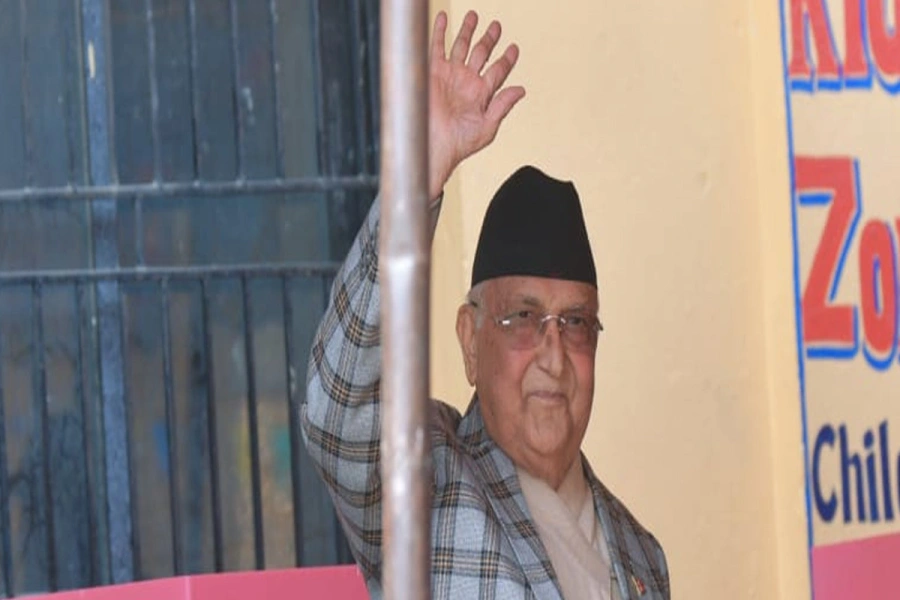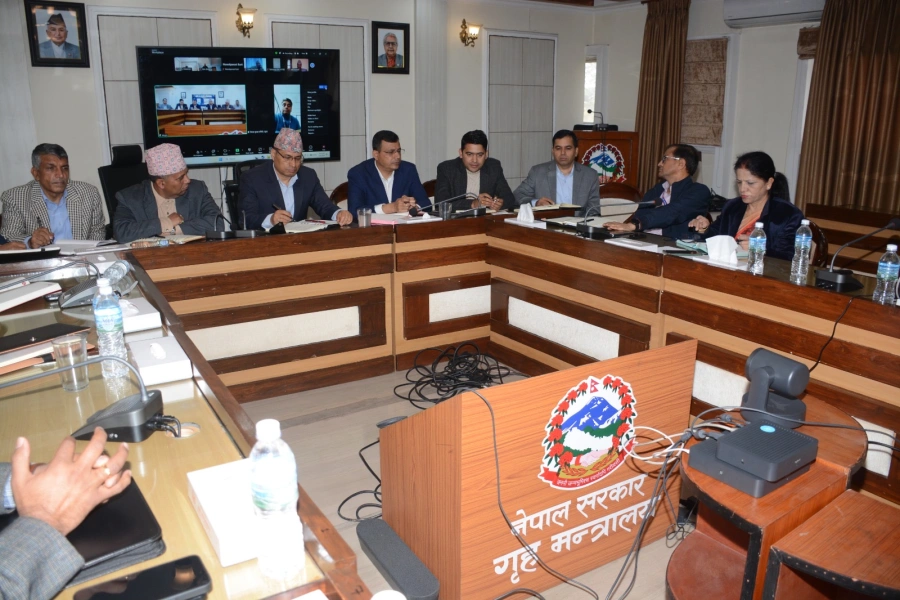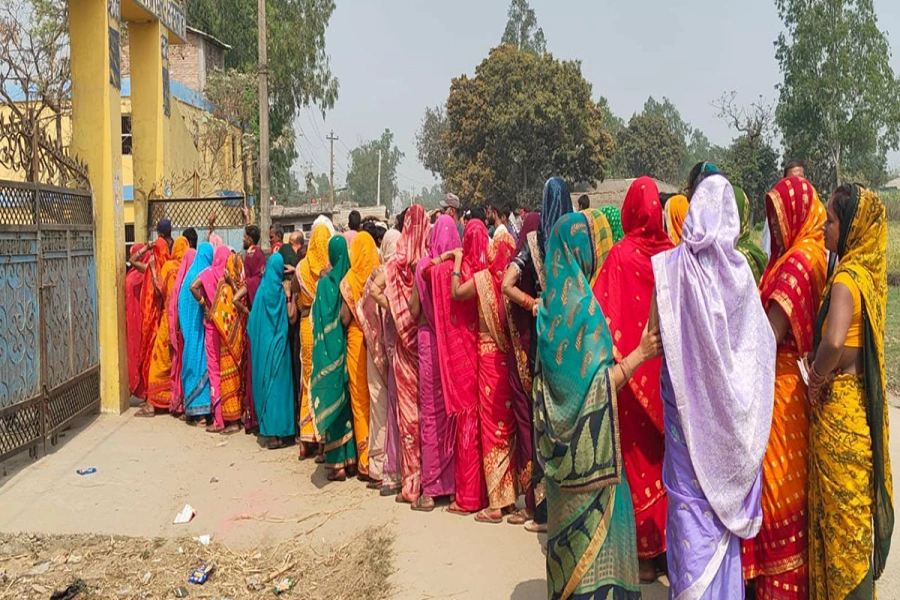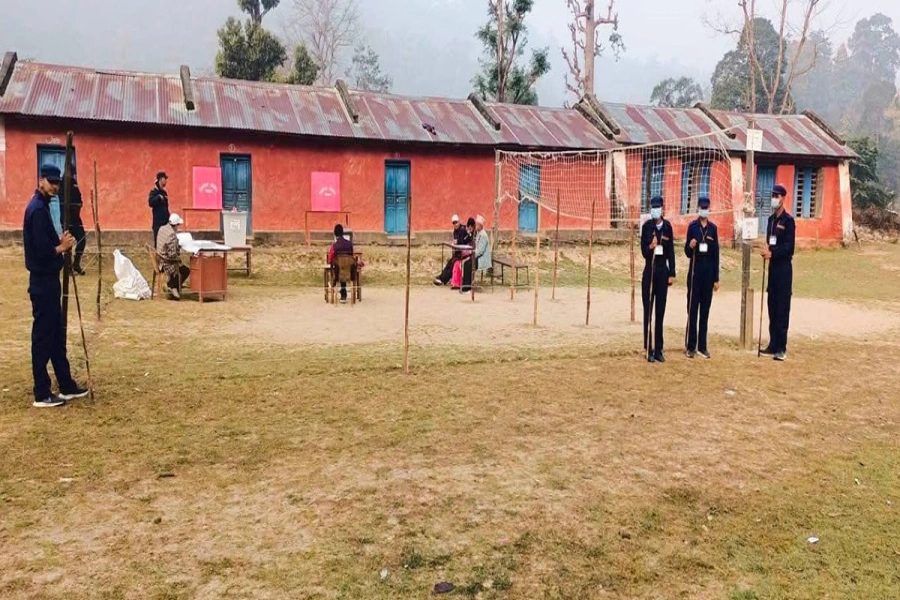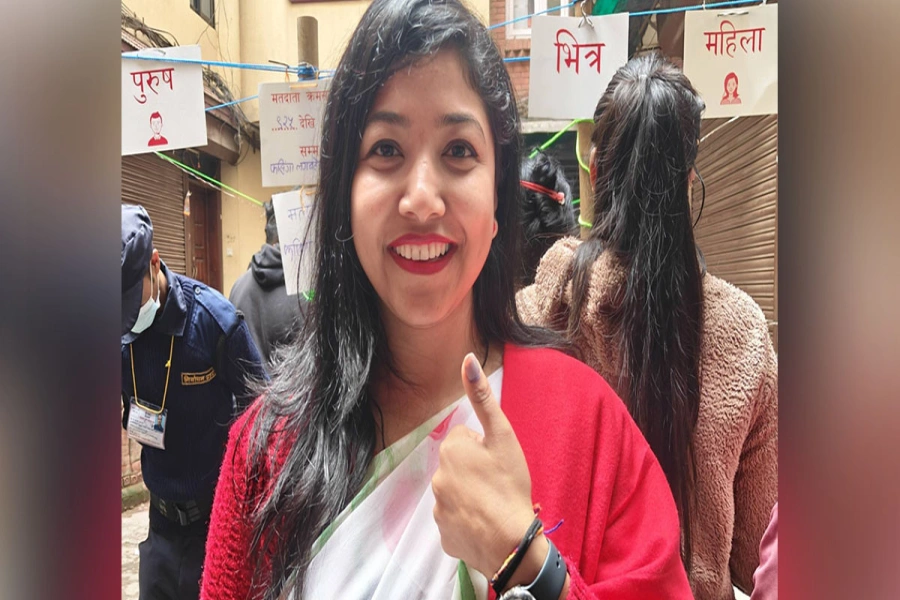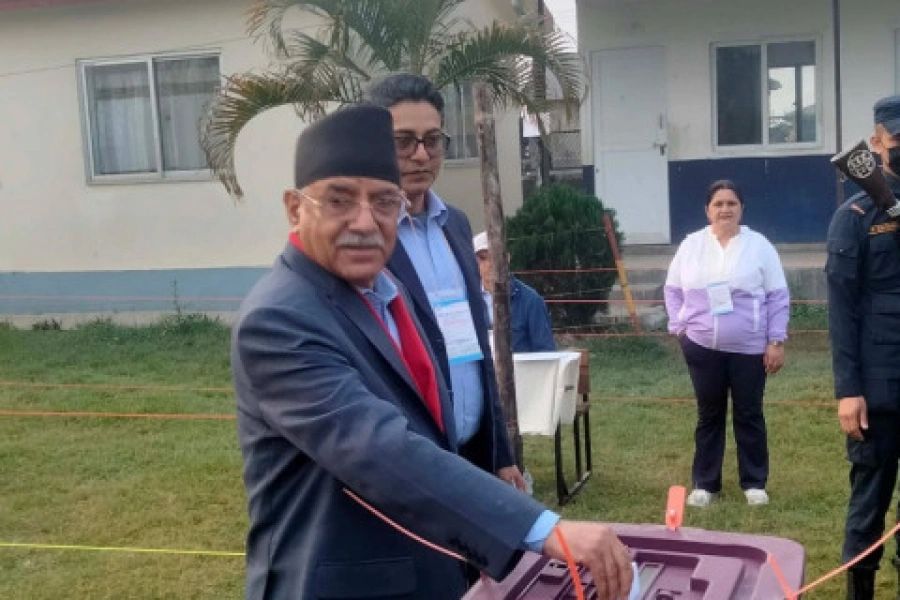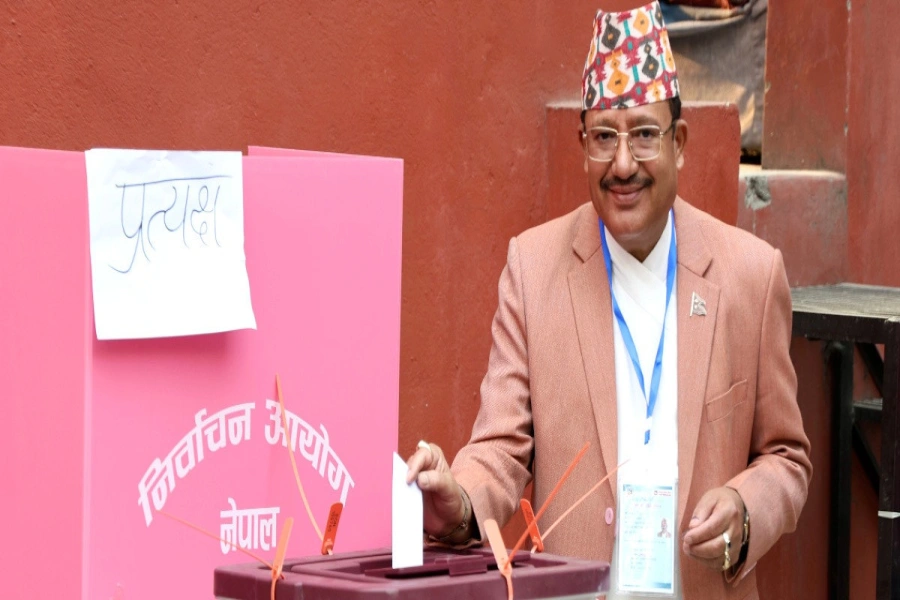KATHMANDU, July 10: The World Bank (WB) is providing an additional support of US $ 50 million each in the implementation of the government’s flagship School Sector Development Program (SSDP), and to improve efficiency in the public resource management systems of Nepal’s health sector.
The additional financing to the SSDP will help reduce dropouts and mitigate learning losses by supporting pro-poor targeted scholarships, pro-science scholarships, and catch-up programs.
Similarly, the additional funding to Nepal Health Sector Management Reform Program for Results will support the implementation of Nepal’s Health Sector Strategy in the one-year extension phase and sustain the gains accrued thus far in public resource management reforms of the health sector. It has also targeted to provide critical financing in a resource-constrained COVID-19 environment to build resilient health systems, and prepare Nepal to implement its next health sector strategy.
Nepal starts process to procure vaccines from Russia, to hold t...

"Strengthening Nepal’s school sector and building resilient health systems are critical for human capital development, particularly for poor and vulnerable populations,” stated Faris Hadad-Zervos, World Bank Country Director for the Maldives, Nepal, and Sri Lanka. “Through this support to the Government of Nepal, we aim to mitigate learning losses and ensure that children return to schools, and improve efficiency of spending and fiscal space for delivering quality and accountable healthcare services,” he added.
Speaking separately in a virtual interaction with the media on Thursday, Faris underlined the need for recovery of COVID suffered economy through supporting private sector run projects in agribusiness, education and job creation through productive alliances in rural areas.
He also emphasized for the government to step up for procuring vaccines of coronavirus rather than waiting to receive grants from its partner countries. “As vaccination is the first and final priority to battle against the pandemic and for economic recovery, money should not matter for making people survive and involve actively in the economic activities,” said Faris in the virtual interaction with the media on Thursday.
The dilly-dallying by the government has left a large number of Nepalis out from getting vaccinated. According to Faris, lockdown and isolation, though are the immediate actions of need, they are very punishing for people and the economy. “It is very difficult to find out actual impacts on labor so far, while the impacts of the third wave are still unpredictable,” he said.
Faris stressed the need for concrete planning and strategic approach at the government level to get the vaccines through bilateral and multilateral channels.



